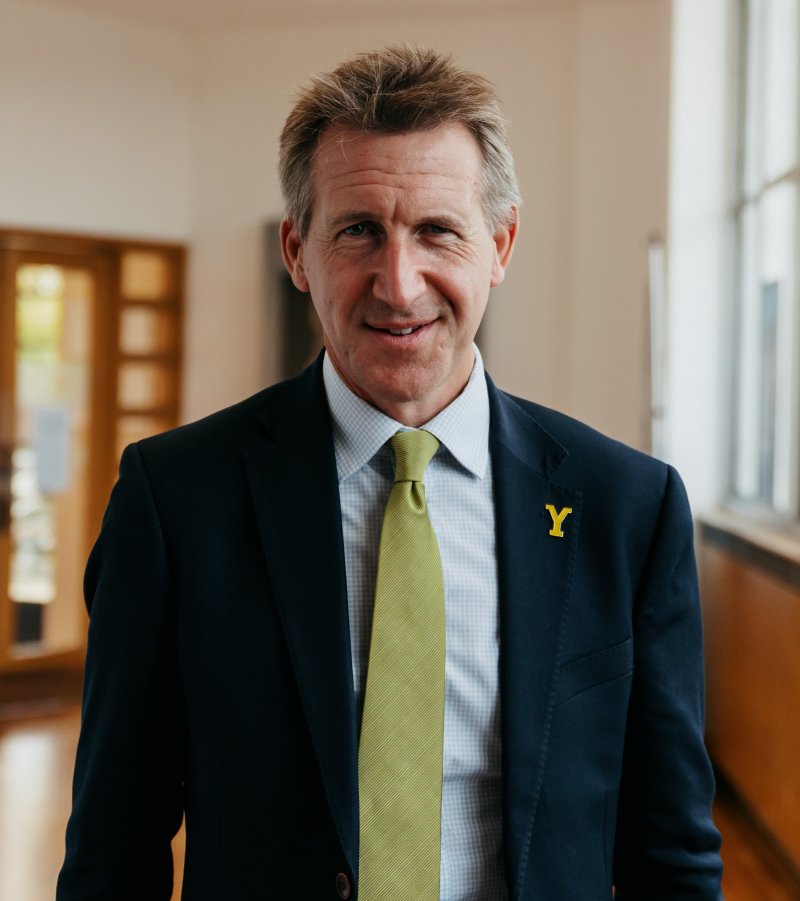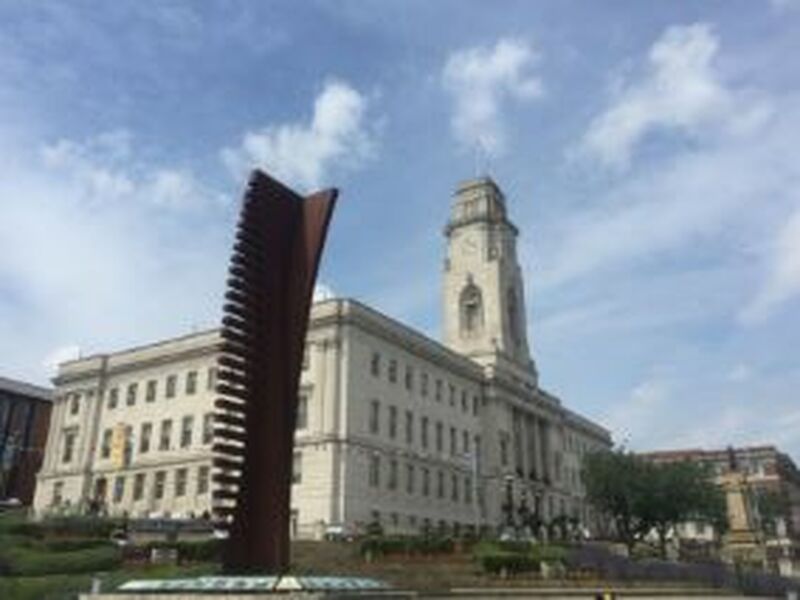COUNCILS - including Barnsley - are bound into decades worth of contracts with companies to burn black bag waste - even though experts now say incineration is a ‘disaster’ for the environment.
Barnsley Council’s contract with waste management firm Renewi, which is worth £750m over its lifespan, still has 16 years remaining.
A decade ago, 52.2 per cent of collected waste was recycled with just 8.3 per cent making its way to landfill.
Incineration rates - according to a study conducted by BBC Climate and Science - stood at 35.7 per cent but that’s increased to 37 per cent as of last year.
Recycling rates have fallen by 9.2 per cent, although just two per cent of waste is now landfilled.
However, the team’s investigation shows it may not be the green solution it has been sold as.
Instead, councils are burning millions of tonnes more than they did a decade ago in large ‘energy from waste’ facilities - most often situated in the poorest parts of the UK.
These incinerators generate electricity for the National Grid, but are pumping out levels of harmful greenhouse gases at a rising rate.
Expert Professor Ian Williams said: “We have this insane situation where we’ve already got high rates of incineration in most regions of the country, which means we can’t possibly theoretically meet our recycling target the next year and we’re planning to build more incinerators which will take us further and further away from our own targets.
“It makes no sense whatsoever to have national targets and entire sectors working on reducing single-use plastics, reducing packaging, and so on, which means that your waste arisings will go down, but then building more incinerators on the premise that they’re going to go up, but they’re clearly not.”
Figures from the Department for Energy Security and Net Zero show 375,929 kilotonnes of carbon dioxide equivalent were emitted across the UK in 2022.
This was the equivalent of 5.6 tonnes CO2e per capita - a fall from 5.9 the year before and 6.2 in 2019, before the Covid-19 pandemic.
In Barnsley there were 1,360.6 kt CO2e emitted, or 5.5 tonnes per person - down from 5.8 tonnes in 2021.
However, the council is not on track to meet its ambitious net zero carbon goal and a ‘significant amount’ of work is needed as the scheme has not been as impactful as anticipated, bosses confirmed.
The local authority declared a climate emergency in September 2019 and set out a plan to become net zero carbon in its operations by 2040 and to support the whole borough to follow suit just five years later.
Net zero - which means that any greenhouse gas emissions produced will be reduced as far as possible, with any remaining emissions offset - has been a huge part of the council’s aspirations.
Active travel, improved energy efficiency across its estate, electric vehicle usage and new heating networks have all been prioritised, with millions already spent.
The authority says its current trajectory shows that it is ‘not on track to meet the targets originally proposed’ and has been ‘unable to be as impactful as anticipated’.
A DEFRA spokesperson said the government’s committed to reducing waste.
“We are committed to cutting waste and moving to a circular economy so that we re-use, reduce and recycle more resources and help meet our emissions targets.
“We are considering the role waste incineration will play as we decarbonise and grow the economy.”



























